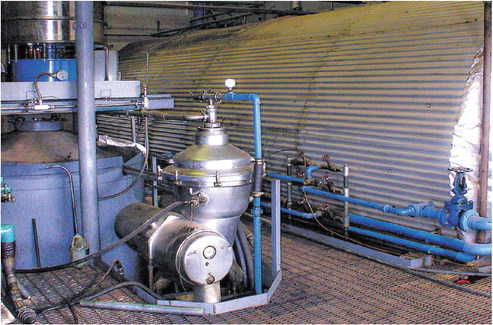and promoted recycling rather than ….


and promoted recycling rather than giving used oil the stigma of hazardous waste label. The decision was well received by the Rock family.
The second generati...


and promoted recycling rather than giving used oil the stigma of hazardous waste label. The decision was well received by the Rock family.
The second generati...